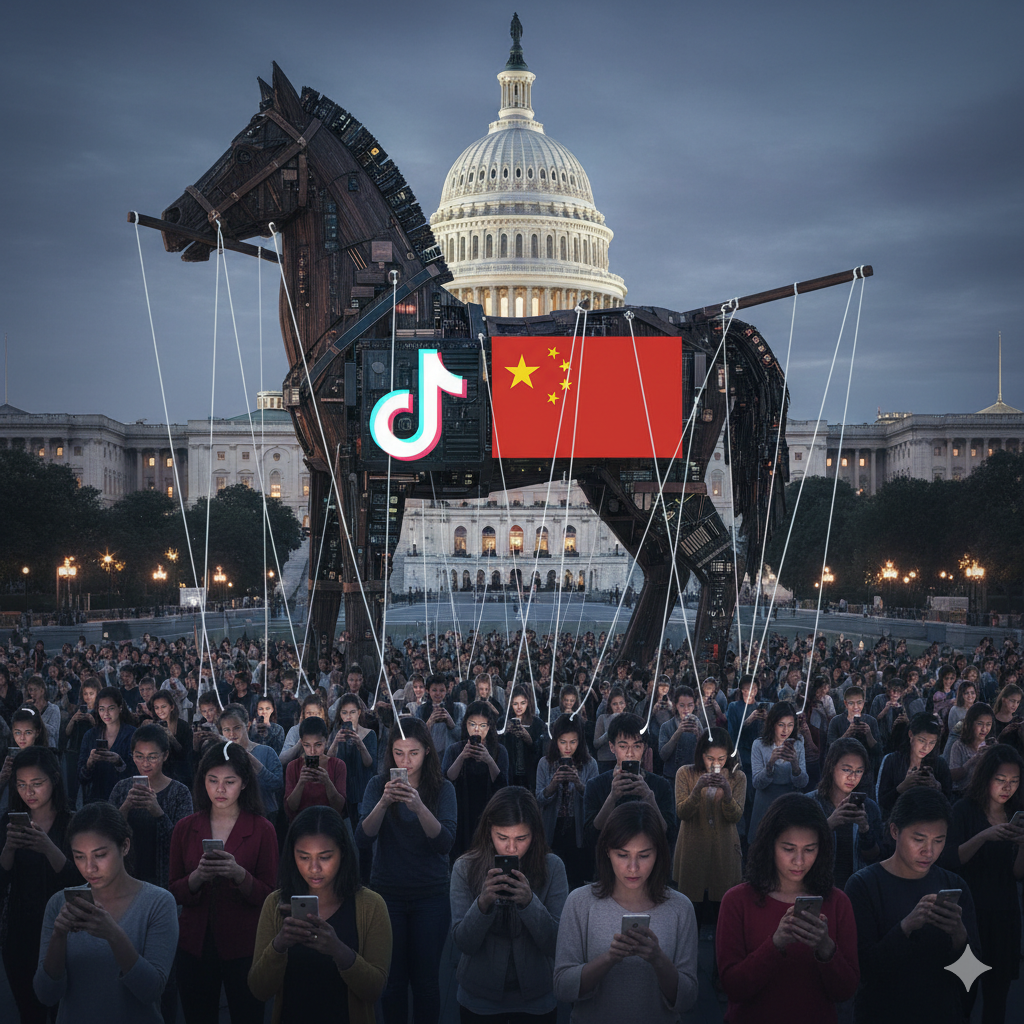This is for informational purposes only. For medical advice or diagnosis, consult a professional.
David’s Note: This article was substantially revised on October 10, 2025 to incorporate new research and provide a more comprehensive analysis.
Executive Summary
The resurgence of measles in the United States signals a critical failure in our national public health strategy. We face a highly contagious airborne virus and an environment of deep public distrust. Because of this, traditional methods that rely on universal compliance are no longer sufficient.
This report proposes the Sentinel Initiative. It is a national “moonshot” project to develop and deploy a nationwide, non-invasive early warning system for airborne pathogens.
The proposed solution is a two-pronged technological strategy. It focuses on situational awareness, not surveillance.
- The first pillar is an Atmospheric Surveillance Grid. This network of advanced biosensors in critical public infrastructure (e.g., transit hubs, schools) will detect airborne threats in real time.
- The second is the development of Personal Early Warning Systems. These wearable devices would function as personal “Geiger counters” for viruses.
Crucially, this initiative is founded on the principle of empowerment through information. It is fundamentally non-invasive: it detects pathogens in the air, not people. It does not track individuals, collect personal data, or mandate behavior. By providing objective, real-time alerts, it empowers individuals and public health officials to make informed decisions. This complements—not replaces—vaccination efforts.
The Sentinel Initiative represents a strategic investment in national resilience. It offers a new layer of defense that protects public health, ensures economic stability, and enhances individual liberty in the face of 21st-century biological threats.
(more…)

